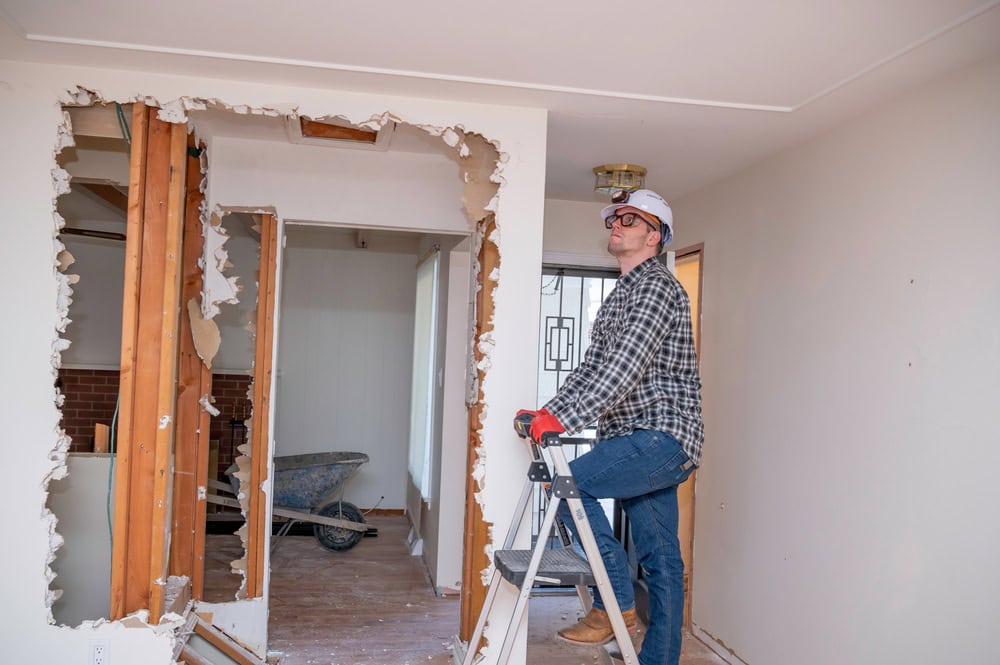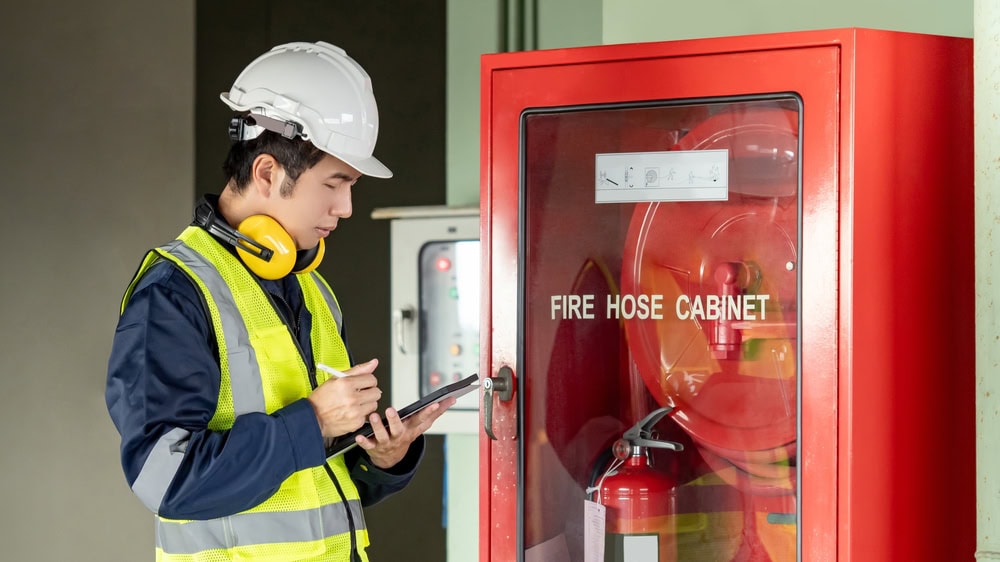How to Add a Business Partner to Your CSLB License
Introduction If you’re a California contractor preparing for your license exam, you’re likely focused on technical knowledge and business law. But what happens when your business grows and you want to bring a partner on board? Understanding how to add a business partner to your Contractors State License Board (CSLB) license is crucial, not just … Read more










